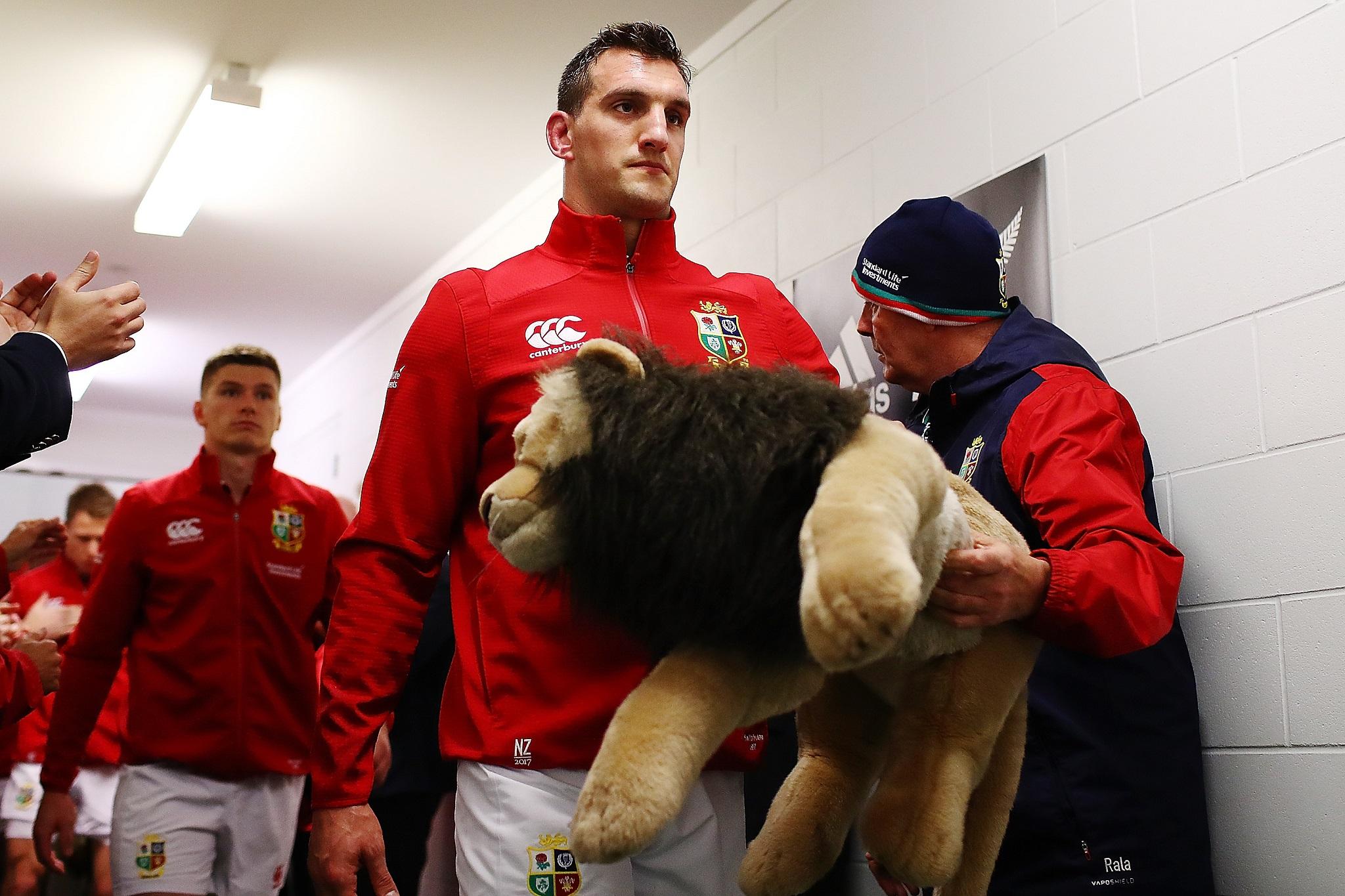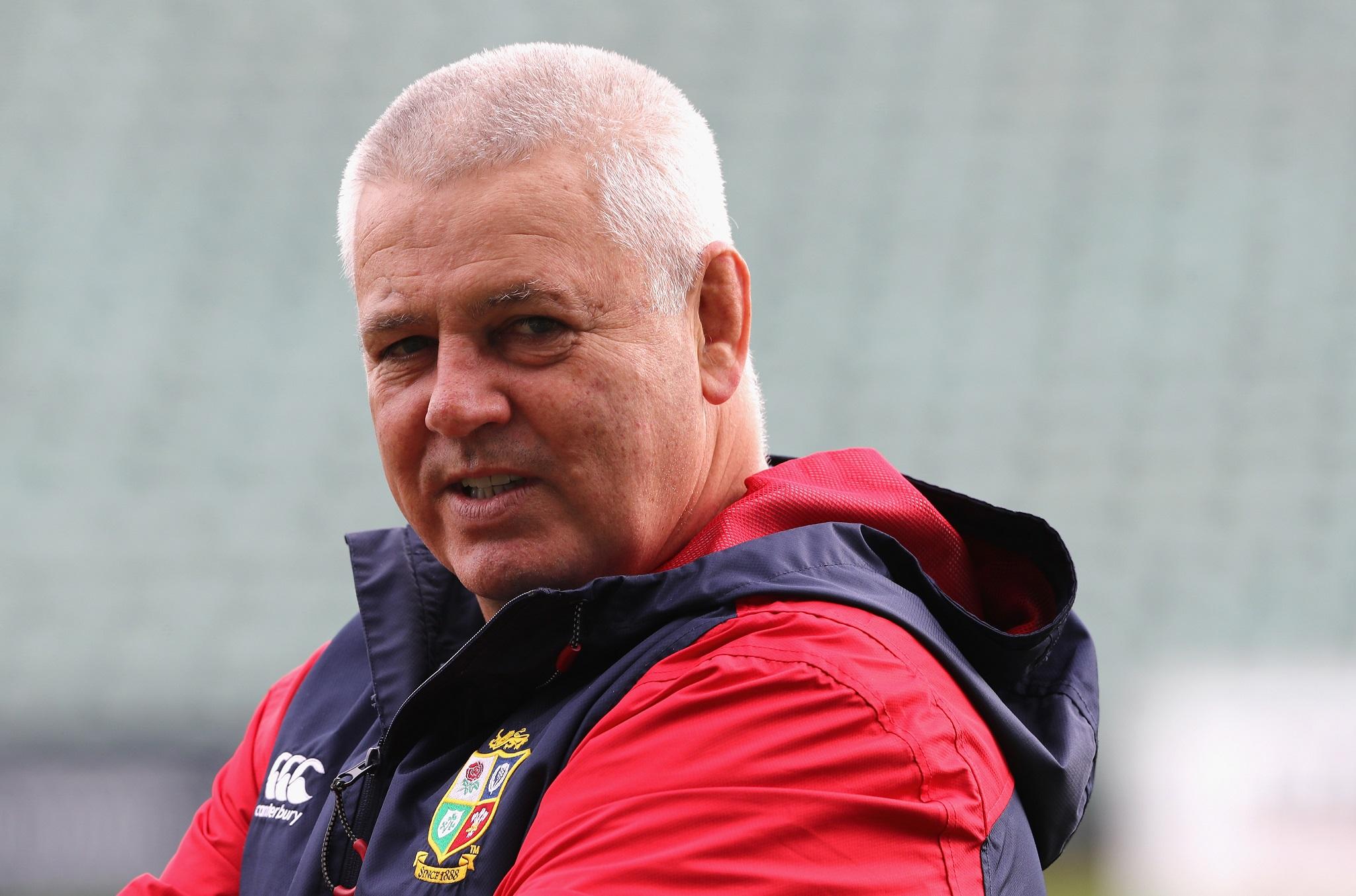British and Irish Lions 2017 tour can leave a lasting legacy that protects the future of the team
The thrilling series draw against the All Blacks has proven why the Lions cannot be allowed to die

Your support helps us to tell the story
From reproductive rights to climate change to Big Tech, The Independent is on the ground when the story is developing. Whether it's investigating the financials of Elon Musk's pro-Trump PAC or producing our latest documentary, 'The A Word', which shines a light on the American women fighting for reproductive rights, we know how important it is to parse out the facts from the messaging.
At such a critical moment in US history, we need reporters on the ground. Your donation allows us to keep sending journalists to speak to both sides of the story.
The Independent is trusted by Americans across the entire political spectrum. And unlike many other quality news outlets, we choose not to lock Americans out of our reporting and analysis with paywalls. We believe quality journalism should be available to everyone, paid for by those who can afford it.
Your support makes all the difference.The morning after the night before brought a bit more clarity to exactly what the Lions have achieved. The frustration with how agonisingly close they came to defeating the All Blacks for just the second time since Lions tours began in 1888 had reduced quite significantly, and what was left was a feeling that this squad have done a pretty good job to show the very best of British and Irish rugby.
The Lions will not have much better chances to beat the double world champions on their own soil than Saturday’s 15-15 third Test draw. They were fortunate to come away with that result, with head coach Warren Gatland admitting his side did not play well. Yet even though the All Blacks were the dominant side on the decider, their four spurned chances offered the Lions the way back in, and they just fell short in their bid to make history.
But this tour of New Zealand could yet prove to be a historic one regardless of the result. 12 years ago, the Lions left the Land of the Long White Cloud a humiliated side whose reputation was left in tatters after they were blown off the park by the All Blacks in a 3-0 whitewash.
The likes of Gatland, Rob Howley and in particular Andy Farrell have worked wonders to rebuild the reputation of the Lions, and as they return home for crucial talks over the future of the team, the idea now is that there is no way the Lions can be allowed to die after this fascinating series.
The New Zealand public has embraced the Lions in extraordinary fashion, with fans mixing all across the country in scenes that do not happen in most other sports. Homeless Lions fans have been staying with the All Blacks counterparts, the Adopt a Lion scheme working wonders, and the Lions have repaid that generosity by coming to this beautiful part of the world in their thousands. New Zealand Rugby state 20,000 travelled from the United Kingdom and Ireland for this series. It feels like more, and the New Zealand economy will reap the benefit of that with an estimated $40m expected to be added to the union’s coffers – and much, much more into the country.
This was billed as the Lions’ biggest challenge, but that was merely on the playing front. The largest obstacle on the horizon has always been securing the best deal for the future of the Lions to ensure it never dies. It is a unique concept that brings together players who spend four years beating seven bells out of each other, only to unite in a joint desire to play on the biggest stage that the Lions offers against the best of world rugby; South Africa, Australia and in particular New Zealand.
"I think we will leave a legacy here that's valuable, positive and it will make them want us to come again,” said tour manager John Spencer 14 hours after the thrilling third Test finished in Auckland, adding that he is certain the Lions are leaving with “integrity, dignity and discipline”. He is right, and after embarking on the most difficult tour in Lions history by playing all five Super Rugby sides along with the Maori All Blacks, the Lions were able to emerge on Sunday morning with the heads held high, if not a little groggy after a well-deserved post-match celebration finished at an Auckland nightclub at 4am this morning.

If this has all been so successful, then why are the Lions an endangered species? The main reason is due to the clubs’ desire not to shoot themselves in the foot by helping the Lions’ cause. They are the ones who pay for the player’s wages, they are the ones who receive them back tired late in the summer that hampers preparations for the next season and they are the ones that get hurt the most if serious injuries are suffered on the Lions tour, such as the four-month lay-off that Robbie Henshaw now faces.
There is a calendar clash too. The domestic season finished this year on 27 May, with the Lions squad departing two days’ later. Gatland’s biggest frustration this year has been the lack of preparation, and Spencer agreed that what the Lions are asking for is not much, a two-week period every four years where the season starts earlier, finishes earlier and the Lions depart with the best chance of success.
For a team so steeped in the history of rugby union, the club owners owe it not only to themselves, but to rugby fans on the whole, to ensure this series is a watershed moment that cements the future for the Lions. If it’s not, the legacy left in New Zealand will have been for nothing.
Join our commenting forum
Join thought-provoking conversations, follow other Independent readers and see their replies
Comments